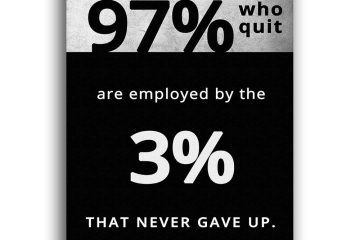Fever vs Liberty: The Ongoing Debate in Public Health

Introduction
The tension between public health measures and individual freedoms has never been more prominent, particularly highlighted by the COVID-19 pandemic. As countries struggled to cope with rising cases, a significant debate emerged: fever vs liberty. This discussion has implications for governance, personal rights, and societal health, making it a crucial topic.
The Context of the Debate
During health crises, authorities often impose measures designed to curb the spread of disease, such as quarantine, mandatory vaccinations, and mask mandates. However, these interventions frequently clash with personal liberties. For instance, in the UK, vaccination mandates were a contentious issue, leading to protests from those who viewed such measures as overreach.
In the wake of the COVID-19 pandemic, public health experts emphasized the importance of maintaining certain restrictions to protect the most vulnerable. According to the Office for National Statistics (ONS), the number of individuals expressing concerns over potential restrictions increased significantly during the pandemic, as many feared even justified measures might lead to long-term infringements on their freedoms.
Legal and Ethical Considerations
Legal experts argue that while governments have the right to protect public health, they must balance this with protecting individual rights. The Human Rights Act 1998 and the Equality Act 2010 in the UK stipulate that any limitations on personal freedoms must be lawful, necessary, and proportionate.
Moreover, ethical discussions surrounding informed consent and personal choice have come to the forefront. Many health professionals, advocates for civil liberties, and organisations like Liberty UK argue that individuals should have greater autonomy regarding health interventions. They assert that government overreach could lead to an erosion of trust between the public and health authorities.
Current Events and Public Sentiment
As of recent months, the debate over fever vs liberty has taken new turns in response to emerging health crises, such as the rise of new variants of COVID-19. Many individuals are divided; polls indicate a significant section of the public supports measures that curtail freedoms if they believe these will lead to improved health outcomes, while others advocate for a return to pre-pandemic normalcy with minimal government intervention.
Conclusion
The fever vs liberty debate encapsulates a broader struggle between safety and freedom, two fundamental tenets of society. As we navigate future health threats, finding a balance between protecting public health and upholding personal liberties will remain a pressing issue. Engaging in this dialogue is essential for shaping policies that respect individuals’ rights while ensuring collective safety. As these discussions evolve, it is vital for citizens to remain informed and actively participate in shaping the future of their health freedoms.









